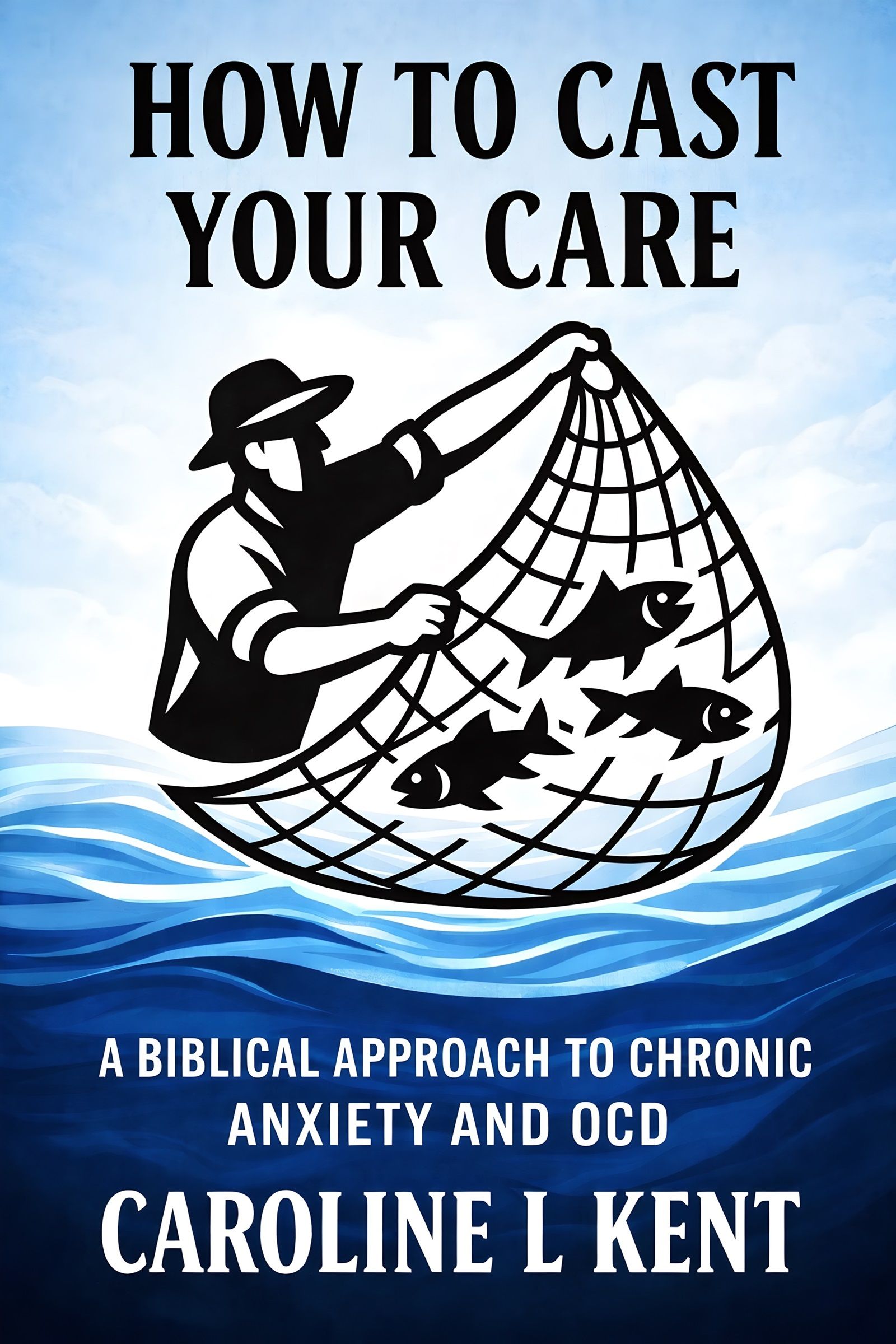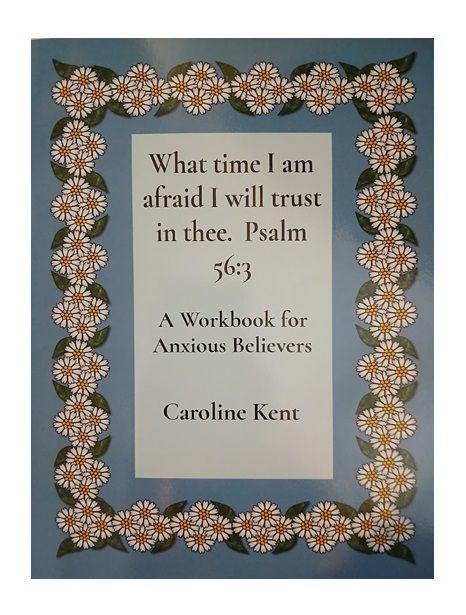Panic
Introduction
Panic is the sudden onset of overwhelming fear, often without clear cause. It can feel like drowning in dread, the body trembling, the heart racing, the breath shortening, the mind overwhelmed by a sense of danger. In Scripture, we see similar experiences: “The sorrows of death compassed me, and the floods of ungodly men made me afraid” (Psalm 18:4).
Richard Baxter, in his Christian Directory, describes sudden terrors and “frights of the mind” as part of melancholy. He reminds us that these are not always signs of unbelief, but sometimes infirmities of body and imagination. Still, the gospel provides solid ground when all else shakes: Christ is our refuge, and His perfect love casts out fear (1 John 4:18).
Scripture Focus
- “What time I am afraid, I will trust in thee.” (Psalm 56:3, KJV)
List of Relevant Scriptures
- Psalm 27:1 – The Lord is my light and salvation; whom shall I fear?
- Psalm 34:4 – I sought the Lord, and he heard me, and delivered me from all my fears.
- Psalm 94:19 – In the multitude of my thoughts within me, thy comforts delight my soul.
- Isaiah 41:10 – Fear not; I am with thee.
- Matthew 8:25–26 – Jesus calms His disciples’ fear in the storm.
- John 14:27 – Peace I leave with you; let not your heart be troubled.
- Philippians 4:6–7 – Be anxious for nothing; God’s peace guards the heart.
- 2 Timothy 1:7 – God has not given us a spirit of fear, but of power, love, and sound mind.
- 1 John 4:18 – Perfect love casts out fear.
Overview of the Biblical Teaching on This Issue
Panic reveals how fragile we are. The Bible acknowledges our fears but continually points us to God as our stronghold. Believers are not promised freedom from frightening experiences, but they are promised God’s presence in them.
Scripture teaches that fear can be both sinful (when it reflects unbelief) and natural (when it reflects bodily weakness or sudden danger). The remedy is not to suppress fear but to redirect it: fear of man and circumstances must yield to reverent trust in the Lord. Panic may come suddenly, but God’s truth is a steady anchor.
Pastoral Guidance
Drawing from Baxter’s counsel:
- Do not mistake panic for apostasy: Sudden fear, he notes, may arise from bodily weakness or disordered imagination. It does not prove loss of grace.
- Turn fear into prayer: Like David, who said, “What time I am afraid, I will trust in thee.” Use panic as a trigger to cry out to God.
- Steady the mind with truth: Baxter recommends fixing the heart on God’s promises, especially His unchanging covenant in Christ.
- Avoid feeding fear: Dwelling on terrifying possibilities fuels panic. Instead, meditate on God’s providence and past deliverances.
- Use lawful helps: Baxter commends physical remedies (rest, diet, exercise, fellowship) for the body, since panic often has physical roots.
- Seek fellowship and counsel: Isolation magnifies terror. Wise, godly company can steady the spirit.
- Look to Christ’s presence: Remember that the Lord is near, even in the storm. His peace is stronger than our trembling hearts.
Further Reading
- Richard Baxter, A Christian Directory, Part I, Ch. VIII (“Directions for Quieting the Mind and Curing Inordinate Fears”).
- John Flavel, Preparations for Sufferings.
- Thomas Brooks, The Crown and Glory of Christianity (sections on overcoming fear).
- John Owen, Communion with God (on God’s nearness and peace).
- Modern: Ed Welch, Running Scared: Fear, Worry, and the God of Rest.





